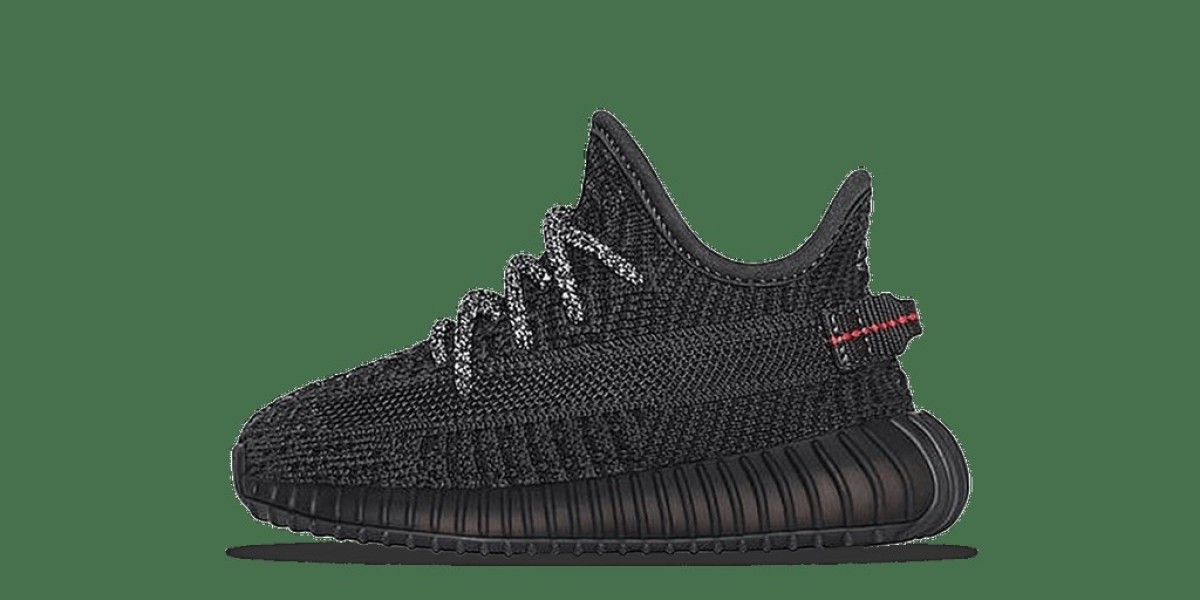A persistent neurological condition called narcolepsy causes abnormal sleep-wake cycles in the brain, which results in excessive daytime drowsiness as well as other symptoms including cataplexy, hallucinations, and sleep paralysis. Although narcolepsy is no known cure, there are therapies that may help control symptoms and enhance quality of life. People with narcolepsy often utilize caffeine, a stimulant that is commonly taken, to fight lethargy and improve alertness. This article examines the effects of caffeine on narcolepsy, as well as any possible advantages and disadvantages, and how it stacks up against drugs like Modalert 200mg for the treatment of this difficult illness.
Narcolepsy
About 1 in 2,000 people worldwide suffer from narcolepsy, which is thought to be caused by an autoimmune reaction that destroys the neurons in the brain that generate hypocretin, a neurotransmitter that is crucial for controlling sleep and waking cycles. People who suffer from this insufficiency have irregular sleep patterns, resulting in unexpected and uncontrolled bursts of sleep throughout the day. Clinical assessment, sleep investigations, and in rare cases, the measurement of hypocretin levels in CSF fluid are used to diagnose narcolepsy.
The Role of Caffeine
Natural stimulants including coffee, tea, soft drinks, and certain pharmaceuticals contain caffeine. It works by inhibiting the neurotransmitter adenosine, which encourages rest and sleep, thereby enhancing alertness and encouraging wakefulness. Caffeine is a common daily symptom management option for narcolepsy sufferers since it may temporarily reduce excessive daytime drowsiness and enhance cognitive performance.
Coffee's Beneficial Effects for Narcolepsy
Enhanced Alertness: Drinking coffee might make narcoleptics feel more awake and aware throughout the day, which helps lessen the frequency and intensity of unexpected sleep episodes.
Enhanced Cognitive Function: Research indicates that caffeine enhances attention, focus, and response time, among other cognitive functions. This is advantageous for those who suffer from narcolepsy-related cognitive impairment.
Convenience and accessibility: Since caffeine is readily accessible and comes in a variety of forms, incorporating it into daily routines to counteract tiredness is simple.
Consequences of Taking Coffee
Although coffee might temporarily lessen the symptoms of narcolepsy, there may be certain disadvantages to take into account:
Effects in the Short Term: Caffeine's energizing effects usually wear off within a few hours. For a long-term benefit, this must be used often throughout the day, which over time may cause tolerance and reliance.
Sleep Disorders: Those who already have sleep disruptions due to narcolepsy may find that their symptoms worsen if they take coffee too late in the day or in excess.
Side effects: When taking large dosages of the drug or if they are sensitive to caffeine, some people may have jitteriness, an elevated heart rate, digestive problems, and headaches.
Coffee vs. prescription drugs such as Modalert
Although narcolepsy sufferers may easily manage their symptoms with coffee, drugs like Modalert (which contains modafinil) are made expressly to treat excessive daytime drowsiness linked to narcolepsy and other sleep disorders. This is how Modalert and caffeine compare:
Mechanism of Action: Unlike caffeine, which has jittery or stimulating effects, modalert promotes alertness and reduces drowsiness by changing neurotransmitter levels in the brain.
Effectiveness: Clinical research has shown that Modalert, often with fewer side effects than caffeine, dramatically increases alertness and decreases daytime drowsiness in narcoleptics.
Greater Length of Action: Unlike caffeine, which wears off after a few hours, Modalert may keep you awake all day long with only one dosage, usually lasting 10 to 12 hours.
Using Modalert and Caffeine Together to Manage Narcolepsy
For many narcoleptics, the best way to treat their symptoms is to take drugs such as Modalert together with caffeine:
Caffeine in the morning may help jump-start wakefulness while you wait for Modalert to take action.
Midday Support: If lethargy or drowsiness return throughout the day, caffeine may be taken as an additional boost.
Evening Considerations: Steer clear of caffeine in the late afternoon to reduce sleep disruptions and enable drugs such as Modalert to promote uninterrupted sleep at night.







